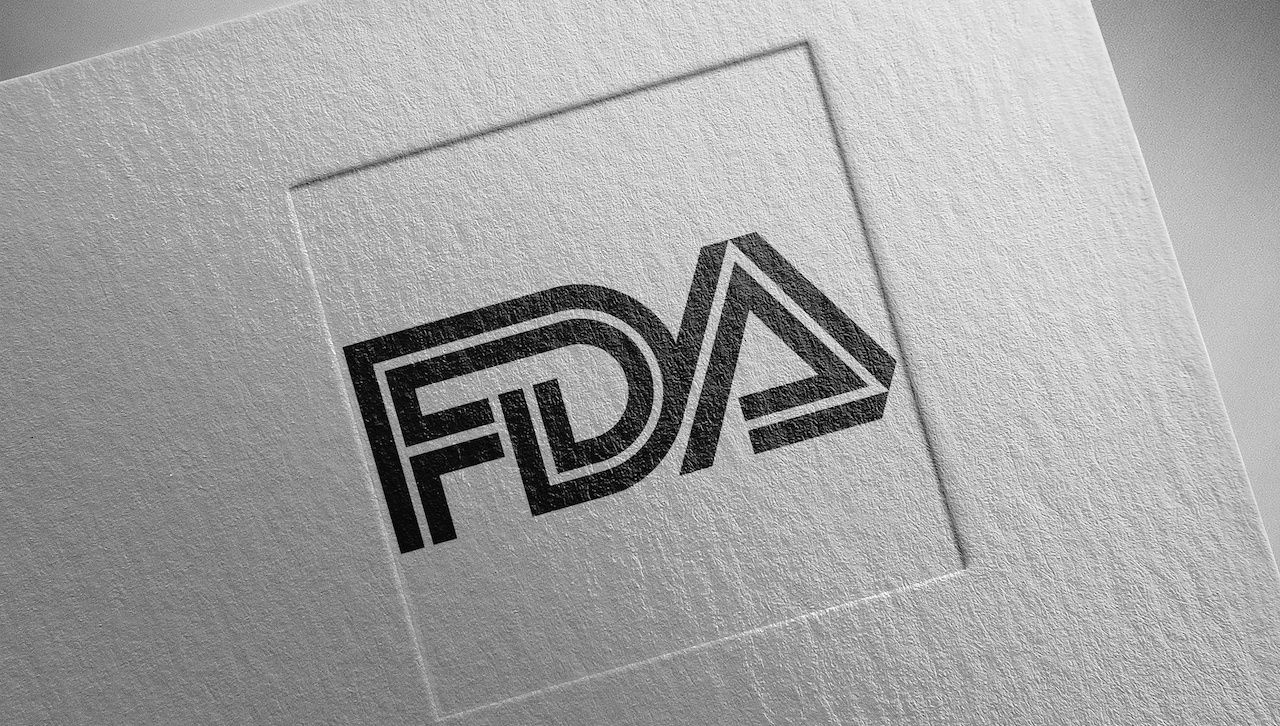- Center on Health Equity & Access
- Clinical
- Health Care Cost
- Health Care Delivery
- Insurance
- Policy
- Technology
- Value-Based Care
FDA Approves Dapagliflozin for Children With Type 2 Diabetes
Children aged 10 years and older with type 2 diabetes can now improve their glycemic control with a drug previously only approved for adults.
Dapagliflozin (Farxiga) has received FDA approval to improve glycemic control in children aged 10 years and older with type 2 diabetes, according to a news release from dapagliflozin manufacturer AstraZeneca.1
This news follows encouraging outcomes from the phase 3 T2NOW clinical trial, one of the largest phase 3 trials for pediatric type 2 diabetes to date published in the NEJM Evidence, as well as results from the T2GO phase 3 clinical trial (NCT03199053).2,3
FDA | Image credit: Araki Illustrations – stock.adobe.com

Dapagliflozin is a first-in-class, oral, once-daily sodium-glucose cotransporter-2 (SGLT2) inhibitor, and this approval adds to the drug’s existing list of indications. Back in 2013, the SGLT2 inhibitor was approved for adults as an adjunct therapy to diet and exercise to manage type 2 diabetes, and its approval expanded to treat heart failure in 2020 and chronic kidney disease in 2021.4,5 Studies have shown dapagliflozin's effectiveness in preventing and delaying cardiorenal diseases and protecting organs, highlighting the interconnectedness of the kidneys, heart, and pancreas.
The T2NOW trial evaluated the safety and efficacy of dapagliflozin as an add-on therapy for children and adolescents aged 10 to 17 years with type 2 diabetes who were on metformin, insulin, or a combination of both.2 These patients were assigned in a randomized fashion to receive a 5 mg daily dose of dapagliflozin (n = 81), a 2.5 mg daily dose of saxagliptin (n = 88), or placebo (n = 76). Those with hemoglobin A1c (HbA1c) levels below 7% at 12 weeks continued their assigned treatment, while those with HbA1c levels of 7% or higher were re-randomized to either continue with the 5 mg dapagliflozin dose or increase to 10 mg. A similar protocol applied to the saxagliptin group, with doses adjusted between 2.5 mg and 5 mg.
After 26 weeks of treatment, results showed that dapagliflozin significantly reduced HbA1c levels, with an adjusted mean change of –0.62% in the treatment group compared with 0.41% in the placebo group, a difference of –1.03% (95% CI, –1.57 to –0.49; P < .001). Dapagliflozin met all primary and secondary endpoints with statistical significance.
Adverse events occurred in 72.8% of patients taking dapagliflozin, 69.3% taking saxagliptin, and 71.1% taking placebo. Serious adverse events were recorded in 8.6%, 8.0%, and 6.6% of patients in each treatment group, respectively, and specifically, severe hypoglycemia was reported in 4.9%, 4.5%, and 7.9% of patients in each group. Over 52 weeks, headaches were the most common adverse event reported, occurring in 14.8% of patients taking dapagliflozin and 5.3% taking placebo, however these were generally mild and did not lead to trial discontinuation.
“The prevalence of type-2 diabetes continues to rise in children and adolescents, yet oral treatment options have remained limited for this population,” said Ruud Dobber, PhD, executive vice president of the BioPharmaceuticals business unit at AstraZeneca.1 “Today’s approval represents an important milestone for pediatric patients living with type-2 diabetes in the US, extending this medicine’s potential benefits to even more patients facing high unmet needs and reinforcing AstraZeneca’s commitment to delivering innovative treatments across cardiovascular, renal and metabolic diseases.”
References
- Farxiga approved in the US for the treatment of paediatric type-2 diabetes. News release. AstraZeneca. June 12, 2024. Accessed June 13, 2024. https://www.astrazeneca.com/media-centre/press-releases/2024/farxiga-approved-in-the-us-for-the-treatment-of-paediatric-type-2-diabetes.html
- Shehadeh N, Barrett T, Galassetti P, et al. Dapagliflozin or saxagliptin in pediatric type 2 diabetes. NEJM Evid. 2023;2(12):EVIDoa2300210. doi:10.1056/EVIDoa2300210
- Study to Evaluate Safety and Efficacy of Dapagliflozin and Saxagliptin in Patients With Type 2 Diabetes Mellitus (T2DM) Aged 10 to Below 18 Years Old. https://clinicaltrials.gov/study/NCT03199053. Updated April 17, 2024. Accessed June 13, 2024.
- Melillo G. FDA approves dapagliflozin to treat heart failure, breaking new ground in SGLT2 competition. AJMC®. May 6, 2020. Accessed June 13, 2024. https://www.ajmc.com/view/fda-approves-dapagliflozin-to-treat-heart-failure-breaking-new-ground-in-sglt2-competition
- Inserro A. FDA approves oral dapagliflozin to slow kidney decline. AJMC. April 30, 2021. Accessed June 13, 2024. https://www.ajmc.com/view/fda-approves-oral-dapagliflozin-to-slow-kidney-decline
